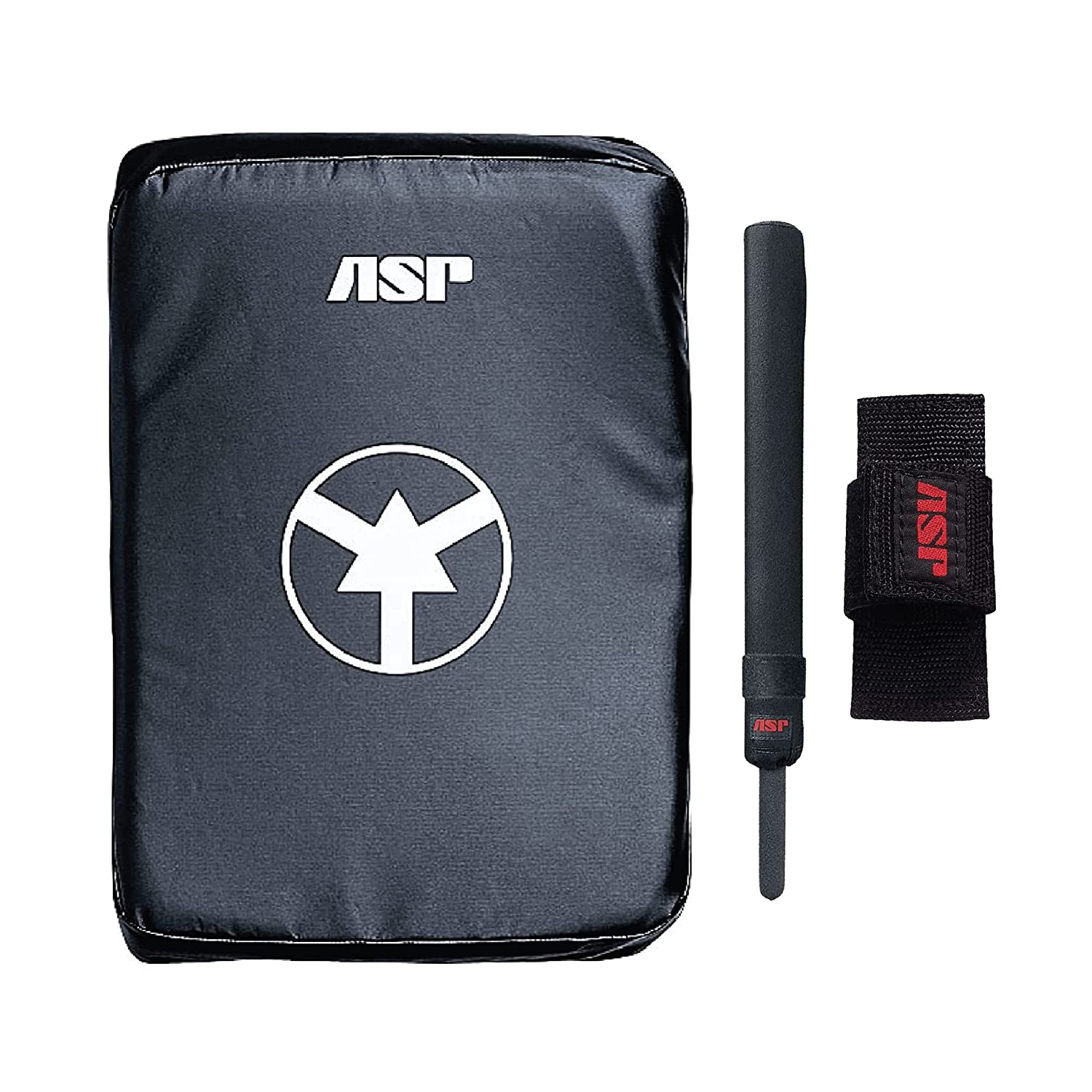
Safeguarding your home is vital. There are many ways you can do this. These include installing smoke detectors, keeping children from sharp objects, as well as preventing electrical shocks. These tips will make your home more secure and protect you and your family. Online safety resources are also available.
Identifying hazards in your home
For the safety of your family, it is crucial to identify potential hazards in your home. Toxic plants, and electrical outlets can both cause illness and injury in your home. You should avoid these hazards and call your local poison control center for information about what you can do. Particularly dangerous for children are electrical outlets. They can stick objects in them or touch them with wet hands and get shocked. Installing sockets and outlets that are child-safe can help prevent this. Plastic covers are another way to protect electrical outlets from accidental shocks.
Other hazards in your home include falling, breaking, and moving objects. In addition, your home may be a fire hazard. Each year, it is a good idea to conduct a safety assessment in order to detect potential hazards and take steps to eliminate them.
Installing smoke detectors
Smoke detectors are an important part of fire safety. The detectors should not be more than 12 inches from the ceiling. Installing a hardwired alarm system will require an electrician.

There are two types of smoke detectors available: battery-operated and hard-wired. Hard-wired alarms must be connected to an electrical outlet. An electrician is recommended if you are not familiar with working with electrical wiring.
Keeping children away from sharp objects
Parents should ensure that children are not exposed to sharp objects in their homes. Sharp objects can cause serious injuries, including cuts and splinters. To prevent injuries such as these, keep knives and forks away from children. Also, you should use child-proofing products and lock cabinets.
You should also keep your children out of the bathroom and kitchen. It is important to ensure that mirrors and sharp objects are kept away from children's reach. You should also cover electrical outlets with safety caps. Also, make sure razor blades are out of reach from young children. Last but not least, lock up all tools and cleaning products as well as any tablecloths that could be hazardous.
Preventing electrical shocks
The unpleasant and dangerous effects of electrical shocks can make your life miserable. Faulty appliances, damaged cords, or incorrect wiring can all lead to an electric shock. Water is also a great conductor and should be kept far from electrical appliances and work areas. Ground Fault Circuit Interrupters are required for outlets located near water. They detect when a person touches them and shut off the power.
A high voltage electrical shock can cause a person to experience intense pain in the limb, or even cause the victim's heart to stop beating. In severe cases, medical attention may be required. The victim will only need to take pain medication and change his dressing if the accident is not serious. The extent of injury caused by electric shocks is dependent on the voltage level, the source and the victim's health.

Preventing poisoning
Poisoning, a major health problem, is 90% of all poisonings that occur at home. The kitchen, bathroom, bedroom and living room are the most frequent places for poisoning. There are simple ways to avoid poisoning in your house. These precautions include keeping all medicines and potentially dangerous items out of reach of children. It is important to keep medications in the original container.
It is important to understand all directions and product labels. Protect younger children's medications by locking them in cabinets. Children aged between 1 and 3 years are at greatest risk of accidental poisoning.
FAQ
Is it possible to give stun guns to children?
It all depends on the child's age.
No.
18+: Yes
A stun gun should never be given to a minor.
They should also only use it under adult supervision.
Which is the best weapon for self-defense and defense?
A knife is the best tool for self defense. While you might not consider a knife necessary for self-defense you will find yourself in need of one if an attacker tries to harm you.
You don't have to go out and buy a $100 folding knife just because you want to protect yourself. Simple pocketknives will suffice. A few extra tools are available to help you be ready for any scenario.
Can I be charged with using my stungun?
No. Stun guns can be considered less lethal weapons. They are considered less lethal because they can't cause serious injury.
However, if you accidentally hit someone with your stun gun, you could still face charges.
What can you do to keep yourself safe if it isn't possible to protect your self?
If you're not physically capable of protecting yourself against an attacker, you should look for someone who is.
Sometimes you may need to ask for assistance. It may be necessary to dial 911. But if you don't take any action, you could die.
You can also call your local shelter dealing with domestic violence. Many shelters offer safety planning classes to teach women how to protect themselves.
Statistics
- Most likely, the person will want some kind of boxing match, so if you can out-box them, this would be 100% ideal for survival. (budodragon.com)
- The Rape, Abuse & Incest National Network reports that 70 percent of sexual violence cases aren't committed by random strangers in a dark alley but by people we know: friends, family, partners, co-workers, etc. (healthline.com)
- Saying this, Self defense 101 would be the importance of situational awareness, which can never be replaced by the finest of martial arts, because it is this that would help you to avoid any likely attacks in the first place. (worldofselfdefense.com)
- In a January 2018 survey of 1,000 women nationwide, 81 percent reported experiencing some form of sexual harassment, assault, or both in their lifetime. (healthline.com)
External Links
How To
How to Survive a Home Invasion
Home invasion is frightening, especially if you have children. We didn't expect to live through home invasion when we started our journey with installing a home security system. Here's what we've learned so far.
-
Do Not Allow Your Children to See The Attackers. Two men broke into our home upstairs while our kids were sleeping. They were kept downstairs until the police arrived. Our kids weren't hurt, but they saw enough to traumatize them.
-
Lock up all valuables. The safe is located in our bedroom. We keep all valuables locked up. Even if someone breaks into the house, they won't be able to access it.
-
Keep an eye out on burglars. We live in a neighborhood that has a lot of burglaries. We are always on the lookout for suspicious cars and people.
-
Have a Backup Plan. If something happens, our family will be taken over financially. We also have a plan in place to leave the country if necessary.
-
Prepare. Prepare for anything. Be prepared with food, water, as well as other supplies.
-
Get help immediately by calling 911. Call 911 immediately if you suspect that someone has broken into the house. It is better than waiting for authorities to knock on your door.
-
Use common sense. Never allow anyone into your home who doesn't belong. You should not invite strangers to your home.
-
Ask for help from your neighbors or other people in the area. If you feel uneasy, call friends or neighbors. They can help you watch your back while you call the police.
-
Keep your cool and do as instructed by officers. Stay calm and do exactly as instructed by officers. Avoid fleeing or resisting arrest
-
Photograph Any Evidence. Photograph all evidence you find during the investigation. You can take pictures of fingerprints, blood samples, or other evidence.
-
Local Law Enforcement. You can file a police report even if nobody was hurt. This could help prevent you from being convicted of future crimes.
-
Get in touch with your insurance company immediately. Call your insurance company immediately. Tell them everything that happened and ask for an adjuster to come out to assess the damage.
-
Retire Personal Belongings. Remove personal belongings before leaving the scene. You can take off any expensive jewelry and store it somewhere safe.
-
Clean Up After Yourself. Make sure you clean up after yourself. Take out the trash and break glass and lock all doors and windows.
-
Don't Talk About What Happened. Don't talk about anyone's past. You never know who may try to use this information against or against you.